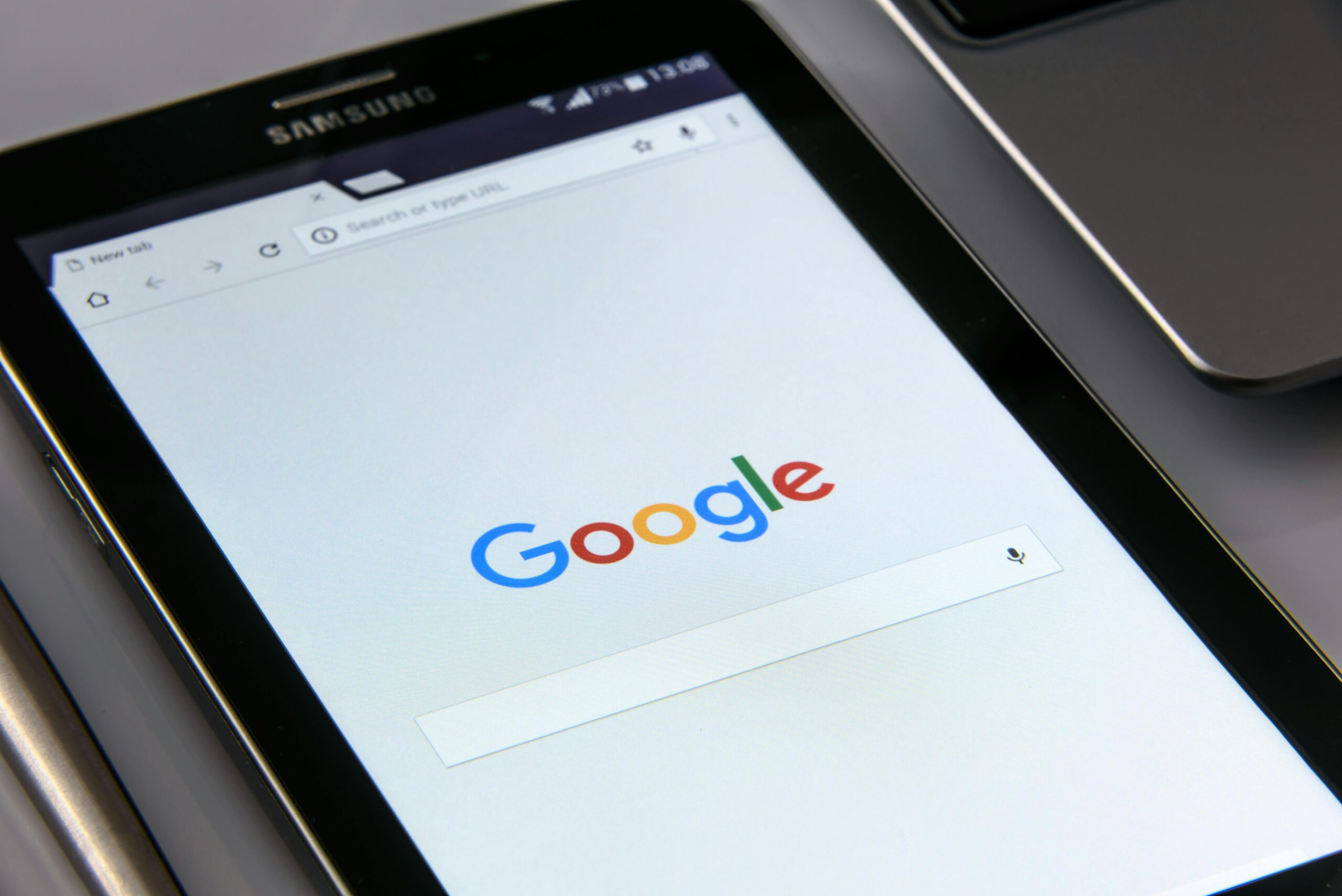Social media has transformed how businesses reach their audiences, but did you know it plays a significant role in SEO optimization? From increasing website traffic to boosting brand visibility, social media is more than just a marketing tool—it influences how search engines rank your website. Let us dive deeper into how social media can shape your SEO efforts.
What is SEO Optimization?
To understand the connection between social media and SEO, it is essential to grasp the basics of SEO optimization. Search Engine Optimization refers to improving your website’s visibility on search engines like Google. The goal is simple: get your website to rank higher so that users can find you easily.
SEO optimization relies on factors like keywords, backlinks, content quality, and user engagement. While social media is not a direct ranking factor, its impact on user behavior and engagement indirectly boosts your SEO strategy.
How Does Social Media Influence SEO Optimization?
Social media does not directly affect search rankings, but its indirect impact is undeniable. Here are some ways it contributes to your overall strategy:
1. Increases Website Traffic: SEO Optimization
When you share high-quality content on platforms like Facebook, Instagram, and LinkedIn, you encourage users to visit your website. The more traffic your website receives, the more likely search engines will consider it relevant and valuable.
- Social media posts act as a gateway, inviting users to click through to your website.
- When visitors spend time engaging with your content, it signals to search engines that your site is trustworthy.
2. Builds High-Quality Backlinks: SEO Optimization
Social media can help generate backlinks, which are essential for SEO optimization. When users share your content on their platforms, they indirectly create opportunities for others to link back to your site.
Backlinks are seen as endorsements by search engines. The more credible the sources linking to your website, the higher your site ranks.
3. Boosts Brand Awareness
Social media exposes your brand to a larger audience, increasing the chances of users searching for your name on Google. When people search for your business, it positively impacts your search engine rankings.
Creating consistent, engaging social media content helps establish your brand as an authority in your niche. This increased recognition translates into higher click-through rates on search engines..

Key Social Media Strategies to Support SEO Optimization
1. Share High-Quality Content Regularly
Content is king, and sharing valuable information on social media encourages engagement. Whether it is blog posts, infographics, or videos, make sure your content addresses user needs and includes your target keywords.
- Use eye-catching visuals and engaging headlines.
- Include a call-to-action that directs users to your website.
2. Focus on Social Signals: SEO Optimization
Social signals, like likes, shares, and comments, indirectly influence search engine rankings. They show that people find your content useful.
Encourage social signals by:
- Posting consistently at optimal times.
- Engaging with followers through comments and messages.
- Running campaigns that inspire sharing.
3. Use Hashtags Strategically: SEO Optimization
Hashtags help your posts reach a broader audience, increasing your chances of driving traffic to your website. Choose hashtags relevant to your industry, niche, and audience.
Do not overuse them—stick to a handful that aligns with your content and brand.

Popular Social Media Platforms for SEO Optimization
1. Facebook
With its vast user base, Facebook is an excellent platform for driving traffic. Share links to blog posts, promote events, and interact with followers to encourage engagement.
2. Instagram
Although primarily visual, Instagram can drive traffic through bio links and story features. It is an ideal platform for brands with strong visual content.
3. Twitter
Twitter’s fast-paced nature makes it perfect for sharing timely updates and trending content. Use relevant hashtags to increase your reach.
4. LinkedIn
As a professional network, LinkedIn is best for B2B brands. Sharing insightful articles and industry news can attract a professional audience.
5. Pinterest
Pinterest is a visual discovery platform, great for industries like fashion, home decor, and travel. Add links to your website on each pin to drive traffic.
Creating a Social Media Content Calendar
A consistent posting schedule is essential for leveraging social media in SEO optimization. A content calendar ensures you:
- Post content at the right times for maximum engagement.
- Balance different content types like blog posts, images, and videos.

Steps to create a content calendar:
- Identify your target audience.
- Plan posts around trending topics and seasonal events.
- Schedule posts using tools like Buffer or Hootsuite.
The Role of Video Content in Social Media and SEO
Video content is becoming increasingly popular on social media platforms. Videos engage users more effectively, keeping them on your site longer.
Why Video Works for SEO Optimization:
- Videos attract more clicks and shares.
- They improve user engagement, which signals quality to search engines.
- Platforms like YouTube are themselves search engines, offering additional opportunities to rank.
Encouraging User-Generated Content
User-generated content, such as reviews, testimonials, and social media mentions, can amplify your SEO efforts.
Benefits of User-Generated Content:
- Builds trust among potential customers.
- Generates organic backlinks and social shares.
- Encourages engagement on both social media and your website.
Ask followers to share photos or stories featuring your product or service. Repost their content to show appreciation and build community.
Social Media Analytics for Measuring Success
Tracking your performance on social media helps refine your strategy. Use analytics tools to measure metrics like:
- Click-through rates.
- Engagement rates (likes, shares, comments).
- Website traffic originating from social platforms.
Adjust your approach based on data to improve your results over time.
Common Mistakes to Avoid: SEO Optimization
1. Posting Inconsistently
Irregular posting leads to lower engagement, reducing the impact of social media on your SEO.
2. Ignoring Analytics
Without analyzing data, you cannot identify what is working and what is not.
3. Overloading with Hashtags
Using too many hashtags makes posts look spammy and reduces their effectiveness.

Future Trends in Social Media and SEO Optimization
The digital landscape is always evolving, and so are the strategies for success. Keep an eye on these trends:
- The growing influence of artificial intelligence in content recommendations.
- Voice search becoming more prevalent, requiring a conversational tone in your content.
- Continued emphasis on video content.
Conclusion: SEO Optimization
Social media may not directly affect search engine rankings, but its influence on SEO optimization is significant. From driving traffic to building brand awareness, using social platforms strategically can improve your website’s visibility. Integrate social media into your SEO strategy to stay ahead in the digital age.








